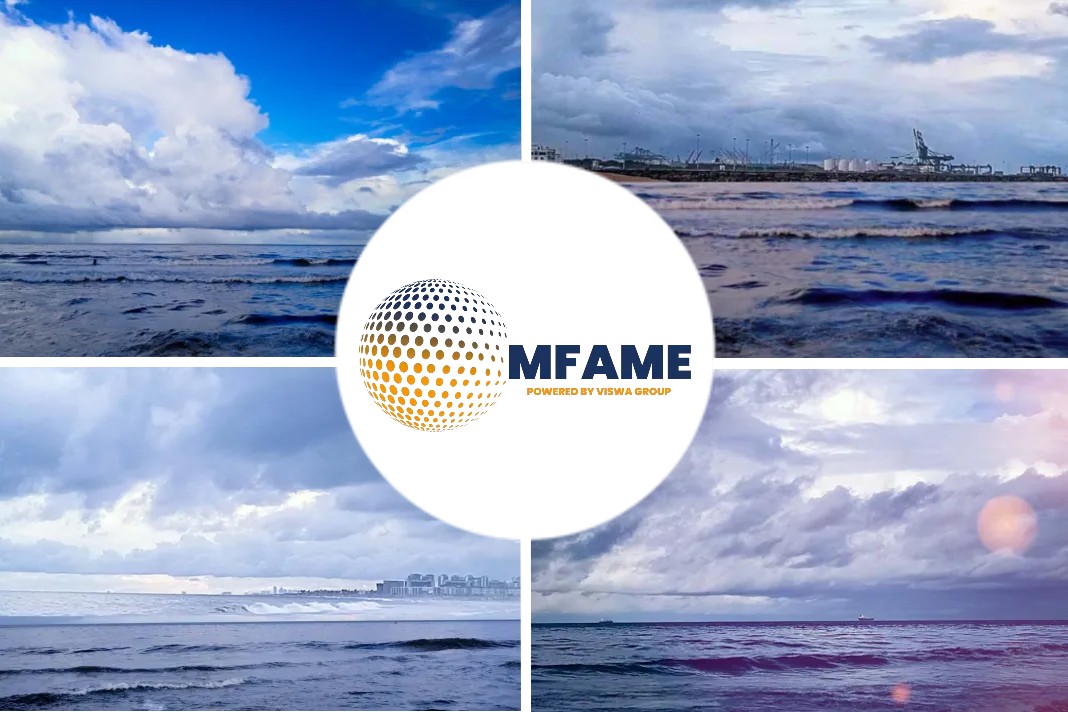
The steady progress by key seafarer home nations in Asia, such as the Philippines and Indonesia, to equip their maritime workers with the skill sets needed to deliver a low and zero-carbon maritime sector, will be showcased at the ‘Seizing opportunities for green shipping in Asia and the Pacific’ conference organized by the Philippines’ Maritime Industry Authority (MARINA).
Timely Action
Timely action by governments and maritime authorities to enhance training and skills will position their seafaring nationals to embrace the high-quality job opportunities created by shipping’s green transition. A recent study by DNV has estimated that 800,000 seafarers will require additional training by the mid-2030s to handle the fuels, technologies and ships of the future.
There is no doubt that the skill set for a career at sea is evolving. That is why we need to ensure that we provide the right kind of education and training so future generations of seafarers are able, skilled and ready to handle the new technologies and fuels on board that will increasingly be used in the years ahead. Countries with a strong maritime workforce must keep pace with the changing requirements of our industry as we transition to a low and zero carbon future which will benefit everyone.”
Dynamic Ambitions
With 252,392 of the world’s seafarers – 13.3% of global crew members – calling the Philippines home, the country’s ability to shift its training systems towards low and zero-carbon will impact the maritime sector’s progress on climate targets. The country has already taken steps to prepare with President Marcos launching the tripartite International Advisory Committee on Global Maritime Affairs (IACGMA) in January 2023. In addition to advising on how best to ensure the global competitiveness of Filipino seafarers, the committee is a key forum for the country to prepare future seafarers for a Maritime Just Transition.
Indonesia is also making inroads to upskill its maritime workforce in line with the emerging needs of the sector through its ‘Skills for Prosperity programme in Indonesia’, delivered by the International Labour Organization (ILO). The country, which is home to about 7.6% (143,702) of the world’s seafarers, is modernizing its training regime through international partnerships that share knowledge as well as best practice. Mary Kent, Chief Technical Advisor, ILO, said, “The partnerships from the Skills for Partnerships programme are creating decent employment opportunities in the maritime sector, which will result in wider socio-economic benefits across the region…”
Supporting Seafarers
Maritime operations of the future are likely to be significantly more complex with new fuels and technologies being used in an increasingly digital and automated work environment – a fact that is likely to influence the upcoming review of the Standards of Training, Certification and Watchkeeping for Seafarers (STCW) convention and code. Fabrizio Barcellona, the Seafarers and Inland Navigation Section Coordinator at the International Transport Workers’ Federation (ITF) warns, “Although the actions by the Filipino and Indonesian authorities are admirable, there is still much to be done if we are to appropriately empower a global seafaring workforce of the future.
Improving the training environment is a very necessary first step – particularly given the concerns about STCW compliance and competency. This must be followed by upgrading to a new, modern and coordinated model for apprenticeships and cadet training with quality, enduring schemes backed by shipowners, unions and government. Collaboration between these sets of stakeholders is essential to deliver a Maritime Just Transition and safeguard their long term standing as global leaders in seafaring. “Bringing together stakeholders such as governments, shipowners, unions, training facilities and more, is essential” explains Sturla Henriksen, Special Advisor for Ocean, UN Global Compact.
Did you subscribe to our Newsletter?
It’s Free! Click here to Subscribe!
Source: Marineinsight















